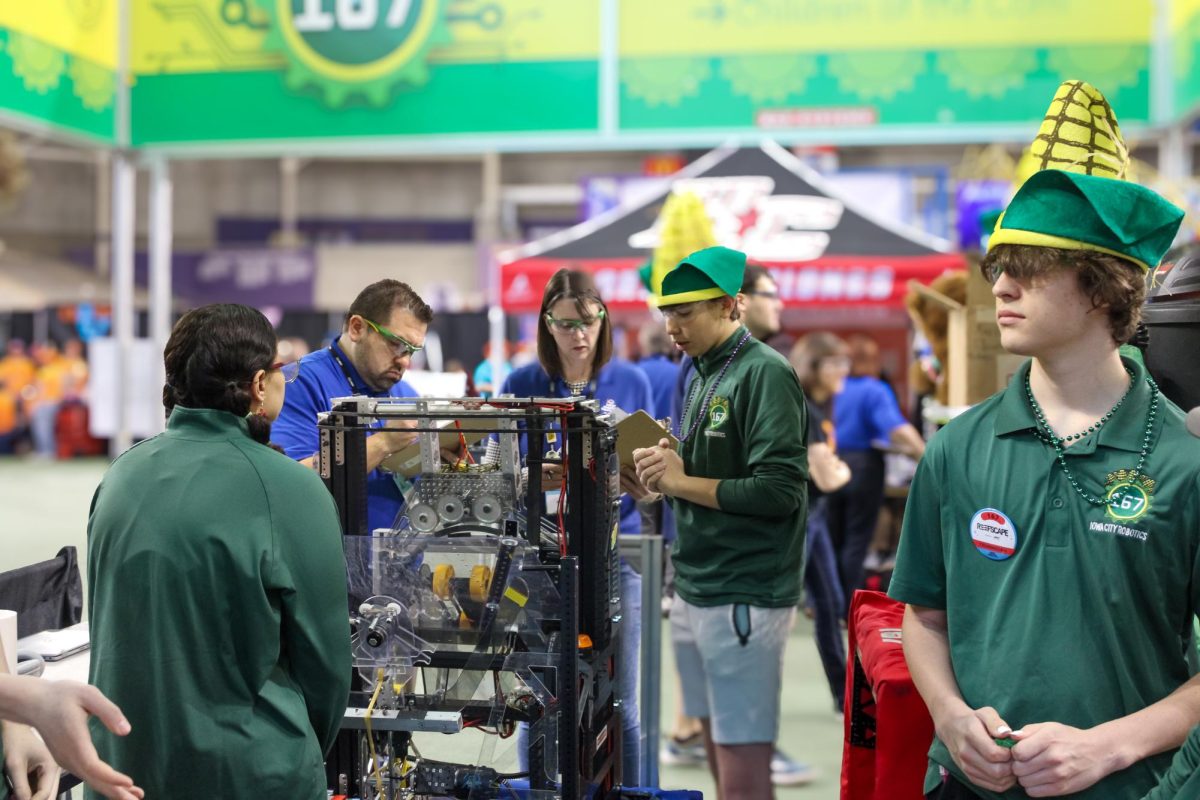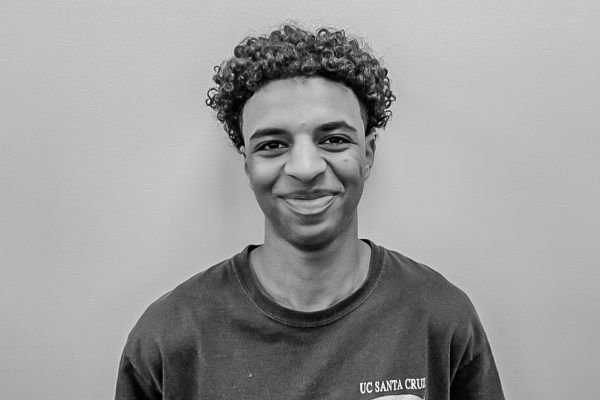Sports funding is necessary. But so are the arts.
How the pandemic has highlighted a gap. But we must look past that
May 2, 2021
Last winter, the Little Hawk published a series of photos of athletes playing sports. Despite depicting the team’s victories, the comments section had a more unsupportive tone. The issue was, commenters explained, that many athletes had been photographed playing with their masks worn incorrectly.
While City High was the only school to initiate a mask mandate on athletes, critics of the team’s season argued that sports are unnecessarily risky during what they considered to be inappropriate.
The comments section contained another common complaint among students involved in arts programs. More generally, performing arts students witnessed their performances canceled, their programs put on hold. Comparatively, athlete’s seasons were mostly unscathed. Some might interpret the gap as obvious favoritism.
For instance, it can be common in parts of the country for high school football coaches to earn over $100,000 a year, well over twice, of those of the equivalent of an art instructor working the same amount of hours. It’s an unnecessary gesture that makes a funding and support gap seem outstandingly likely.
While it’s not a big jump to say the United States education system favors sports, there are valid reasons why athletes need to continue their season. Sports, unlike many of the arts, rely heavily on the physical condition of the participant. After all, it’s a lot harder for a basketball player to run up the court when nearly middle age than as a teenager. What if instead, a painter were painting a landscape? Well, the middle-aged painter might have become a master of their field after having acquired years of practice. That said, athletes are typically in more need to prove themselves at a young age.
However, that’s not an excuse to cut the arts first during a deficit. We need them both.
Think about it. There’s a reason half of TedTalks cries out that we must nourish and protect our creativity into adulthood. The school system is notorious for spitting up paper copies of compliant, like-minded students. The arts, so it seems, are notorious for the opposite. Plus, as this year and last have proven, the future is unpredictable. The future needs minds who operate just a bit differently.






























